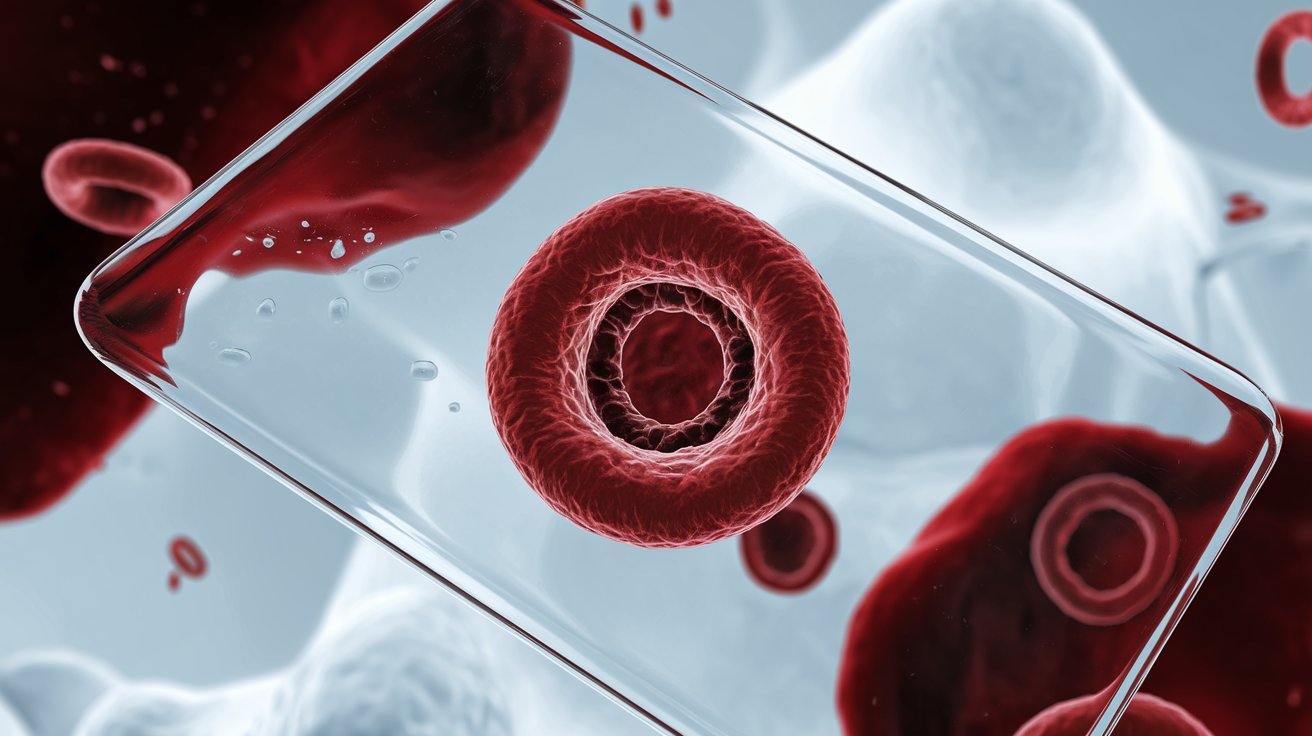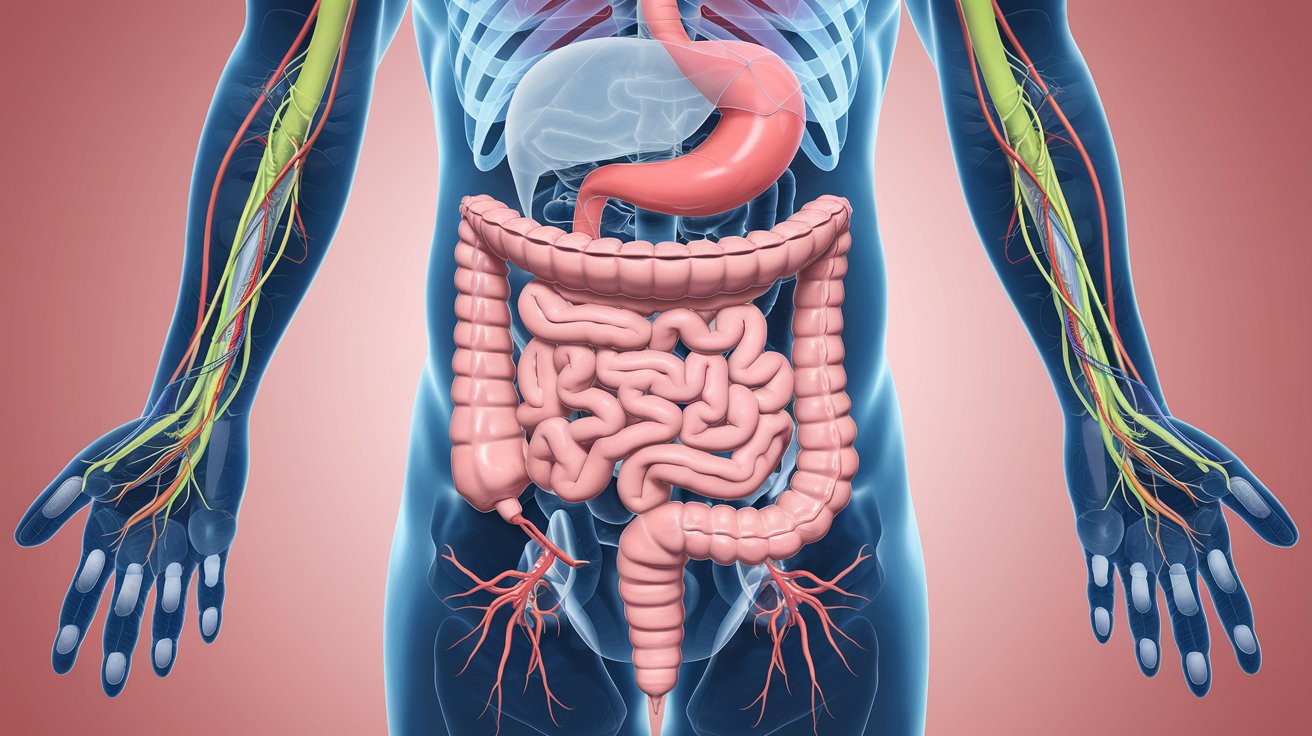
Complement Component Receptor 1 (CR1) might sound like a mouthful, but it's a crucial part of our immune system. This protein plays a key role in keeping us healthy by helping our body fight off infections. Found on the surface of certain cells, CR1 helps clear out harmful substances like bacteria and dead cells. CR1 is also involved in regulating the immune response, making sure it doesn't go overboard and cause damage. Scientists are still learning about all the ways CR1 impacts our health, but one thing is clear: it's a vital player in our body's defense team. Ready to dive into 30 intriguing facts about CR1? Let's get started!
Key Takeaways:
- Complement Component Receptor 1 (CR1) is a protein that helps the immune system fight off infections and prevent autoimmune reactions by clearing pathogens and regulating immune responses.
- Genetic variations in CR1 can influence disease susceptibility, making it an important focus of ongoing research for potential new treatments and biomarkers.
What is Complement Component Receptor 1?
Complement Component Receptor 1 (CR1) is a protein found on the surface of certain cells. It plays a crucial role in the immune system by helping to clear pathogens and immune complexes from the bloodstream.
-
CR1 is a receptor for C3b and C4b: These are fragments of complement proteins that tag pathogens for destruction.
-
Found on red blood cells: CR1 helps transport immune complexes to the liver and spleen for removal.
-
Also present on white blood cells: This includes macrophages and neutrophils, which are key players in the immune response.
-
Involved in immune regulation: CR1 helps prevent the immune system from attacking the body's own tissues.
-
Encoded by the CR1 gene: Located on chromosome 1, this gene provides instructions for making the CR1 protein.
Functions of CR1
CR1 has several important functions in the immune system. It helps clear pathogens, regulates immune responses, and prevents autoimmune reactions.
-
Clears immune complexes: CR1 binds to immune complexes and helps transport them to the liver and spleen for removal.
-
Enhances phagocytosis: By binding to C3b and C4b, CR1 promotes the engulfment and destruction of pathogens by phagocytes.
-
Regulates complement activation: CR1 helps control the activation of the complement system, preventing excessive inflammation.
-
Prevents autoimmune reactions: By clearing immune complexes, CR1 helps prevent the immune system from attacking the body's own tissues.
-
Involved in immune surveillance: CR1 helps detect and clear pathogens from the bloodstream.
CR1 and Disease
Mutations or deficiencies in CR1 can lead to various diseases. Understanding these associations can help in the diagnosis and treatment of these conditions.
-
Linked to autoimmune diseases: Low levels of CR1 are associated with diseases like systemic lupus erythematosus (SLE).
-
Involved in malaria susceptibility: Certain CR1 variants can increase susceptibility to malaria.
-
Associated with Alzheimer's disease: Some studies suggest a link between CR1 and the risk of developing Alzheimer's disease.
-
Role in kidney diseases: CR1 deficiencies are linked to conditions like membranoproliferative glomerulonephritis.
-
Potential target for therapies: Understanding CR1's role in disease could lead to new treatments for autoimmune and inflammatory conditions.
Genetic Variations of CR1
CR1 exhibits genetic diversity, which can affect its function and influence susceptibility to various diseases.
-
Multiple alleles: There are several different versions of the CR1 gene, each encoding a slightly different protein.
-
Copy number variations: Some individuals have more copies of the CR1 gene, which can affect the amount of CR1 protein produced.
-
Polymorphisms: Specific genetic variations in CR1 are associated with different disease risks.
-
Ethnic differences: The frequency of CR1 variants can vary between different ethnic groups.
-
Impact on disease susceptibility: Genetic variations in CR1 can influence an individual's risk of developing certain diseases.
CR1 in Research
CR1 is a focus of ongoing research, with scientists studying its role in the immune system and its potential as a therapeutic target.
-
Studied in autoimmune diseases: Researchers are investigating how CR1 contributes to diseases like lupus and rheumatoid arthritis.
-
Explored in infectious diseases: CR1's role in malaria and other infections is a key area of research.
-
Investigated in neurodegenerative diseases: Studies are examining the link between CR1 and conditions like Alzheimer's disease.
-
Potential biomarker: CR1 levels could be used as a biomarker for certain diseases.
-
Therapeutic target: Researchers are exploring ways to modulate CR1 activity to treat autoimmune and inflammatory diseases.
Interesting Facts about CR1
Here are some lesser-known but fascinating facts about CR1 that highlight its importance in the immune system.
-
Evolutionary conservation: CR1 is conserved across many species, indicating its crucial role in the immune system.
-
Role in aging: CR1 levels can decrease with age, potentially affecting immune function in older adults.
-
Involvement in transplant rejection: CR1 can play a role in the immune response to transplanted organs.
-
Interaction with other proteins: CR1 interacts with various other proteins in the immune system, enhancing its function.
-
Potential in cancer therapy: Researchers are exploring CR1's role in cancer and its potential as a therapeutic target.
Final Thoughts on Complement Component Receptor 1
Complement Component Receptor 1 (CR1) plays a crucial role in our immune system. This protein helps clear pathogens and immune complexes from the bloodstream, keeping us healthy. CR1's involvement in diseases like malaria, lupus, and Alzheimer's highlights its importance in medical research. Understanding CR1 can lead to better treatments and therapies for these conditions.
Genetic variations in CR1 can affect its function, making some people more susceptible to certain diseases. Researchers are continually studying these variations to develop personalized medicine approaches. CR1's role in the immune system and disease makes it a significant focus for scientists.
By learning about CR1, we gain insight into how our bodies fight infections and maintain health. This knowledge can pave the way for new medical advancements, improving the quality of life for many. Stay curious and keep exploring the fascinating world of immunology!
Frequently Asked Questions
Was this page helpful?
Our commitment to delivering trustworthy and engaging content is at the heart of what we do. Each fact on our site is contributed by real users like you, bringing a wealth of diverse insights and information. To ensure the highest standards of accuracy and reliability, our dedicated editors meticulously review each submission. This process guarantees that the facts we share are not only fascinating but also credible. Trust in our commitment to quality and authenticity as you explore and learn with us.


